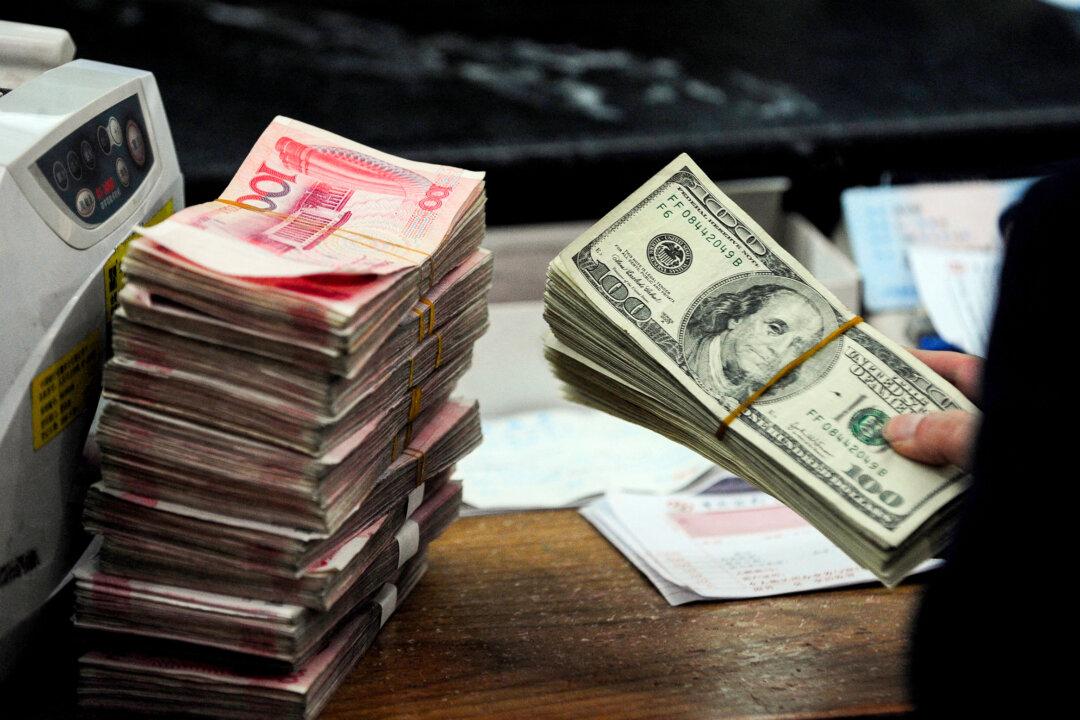Commentary
For some years now, financial media have speculated about when China’s yuan will replace the U.S. dollar as the world’s premier international currency—what bankers and currency traders refer to as the “global reserve.”

For some years now, financial media have speculated about when China’s yuan will replace the U.S. dollar as the world’s premier international currency—what bankers and currency traders refer to as the “global reserve.”